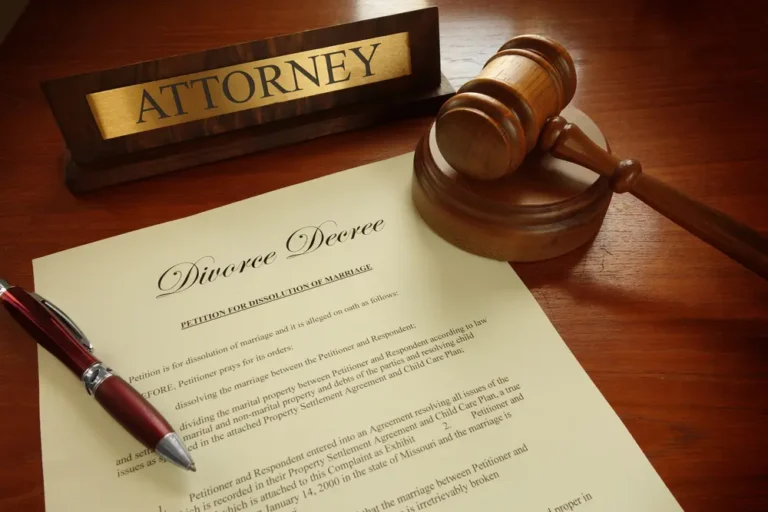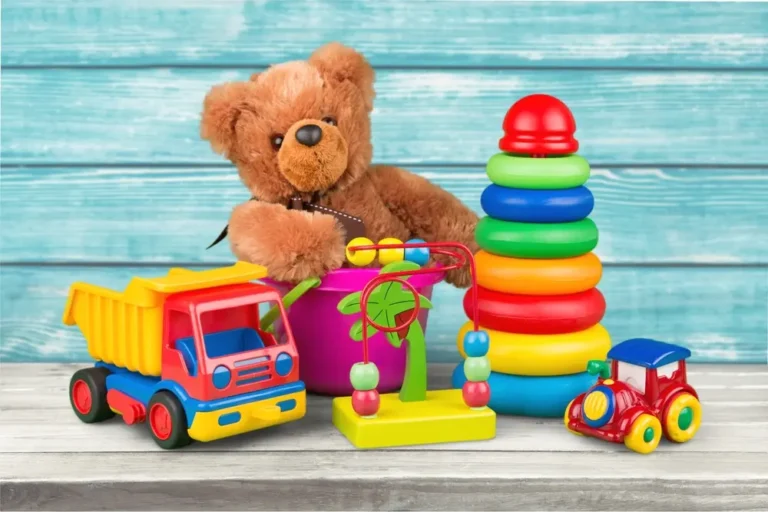Divorce: Can Children Decide What Parent They Want to Live With?~2 min read

During the divorce process, parents often disagree on custody and visitation issues, referred to under Texas law as conservatorship and possession. At Springer & Lyle, we guide our clients so they have a better understanding of what impact the child’s wishes will have on the final decision of the family law judge.
Children 12-Years Old or Older
On the motion of either party, or motion by the amicus attorney for the child, or on the court’s own motion, according to Texas Law, the court “shall” interview the child privately in chambers. The court will determine “the child’s wishes as to conservatorship or as to the person who shall have the exclusive right to determine the child’s primary residence.”
The only persons that may be present during the interview are the judge, the child, and the child’s representative. If a parent requests a record be made of the interview, a court reporter may be present. “The record of the interview shall be part of the record in the case.”
The court may interview the child concerning why he wants to live with the parent he or she chooses. For example, does the child want to stay at the same school and continue participating in extracurricular activities? The judge will also assess the maturity and intelligence level of the child.
The court will take into consideration the child’s preference, but this is not controlling. The court will consider all evidence presented and decide on what it deems is in the best interest of the child.
Children Under the Age of 12
On the motion of any party or on the court’s own motion, as with children over the age of 12, the court “may interview in chambers a child under 12 years of age” to determine conservatorship and possession. The interview is not mandatory like it is with older children, but discretionary on the part of the judge. A record of the interview for a younger child will not be made.
Court Interviews Not Allowed in Jury Trials
Although jury trials for divorce cases are rare, Texas Law provides for a jury trial if either party demands one. In these situations, the judge will not interview the children no matter their age.
Questions may be asked of the parents and other witnesses, so the jury can hear the child’s preferences. In rare cases, a child may be called as a witness.
For assistance with child custody and visitation, or any aspect of your divorce case, contact attorney Daniel Abasolo at Springer & Lyle. Call him at 940-370-4033 to schedule a consultation.






